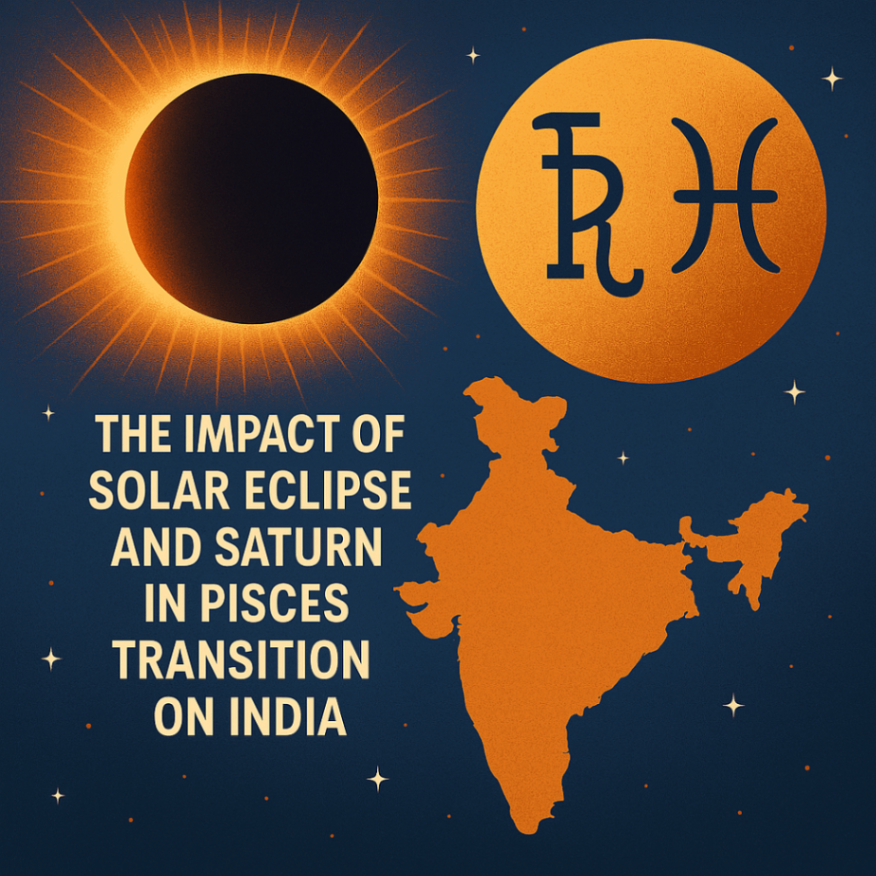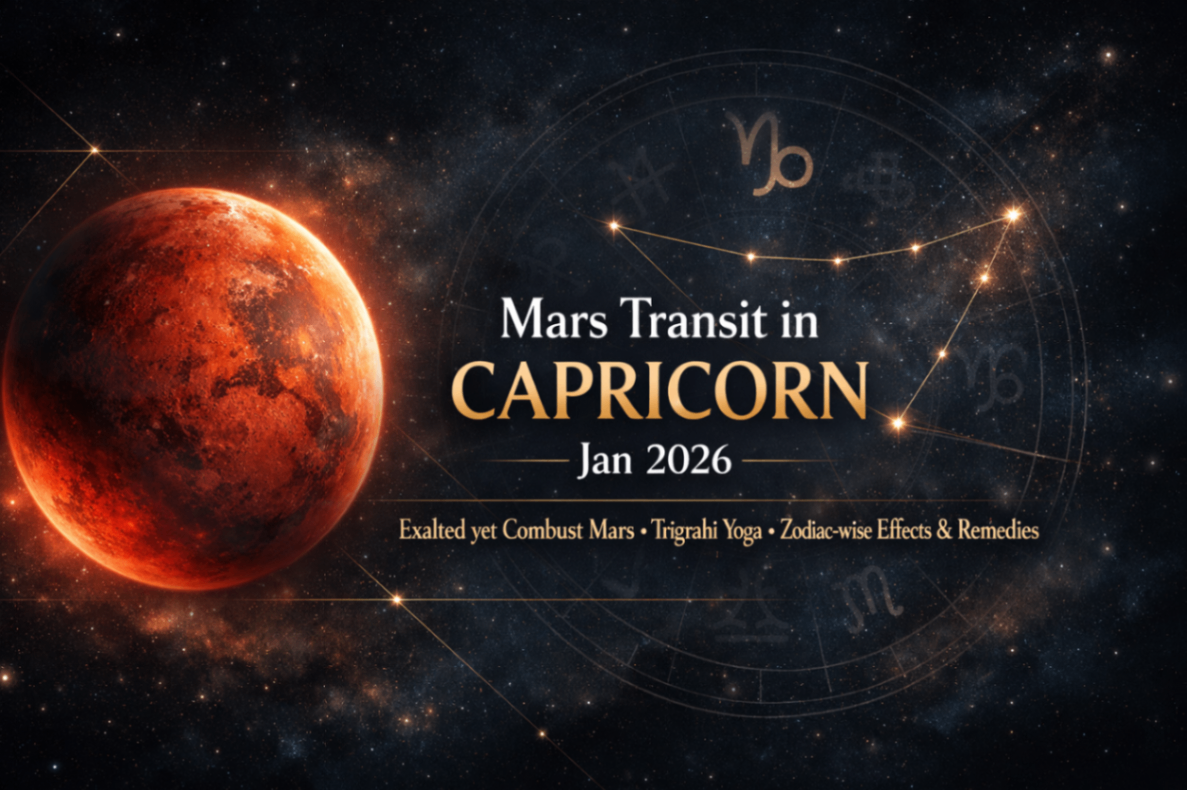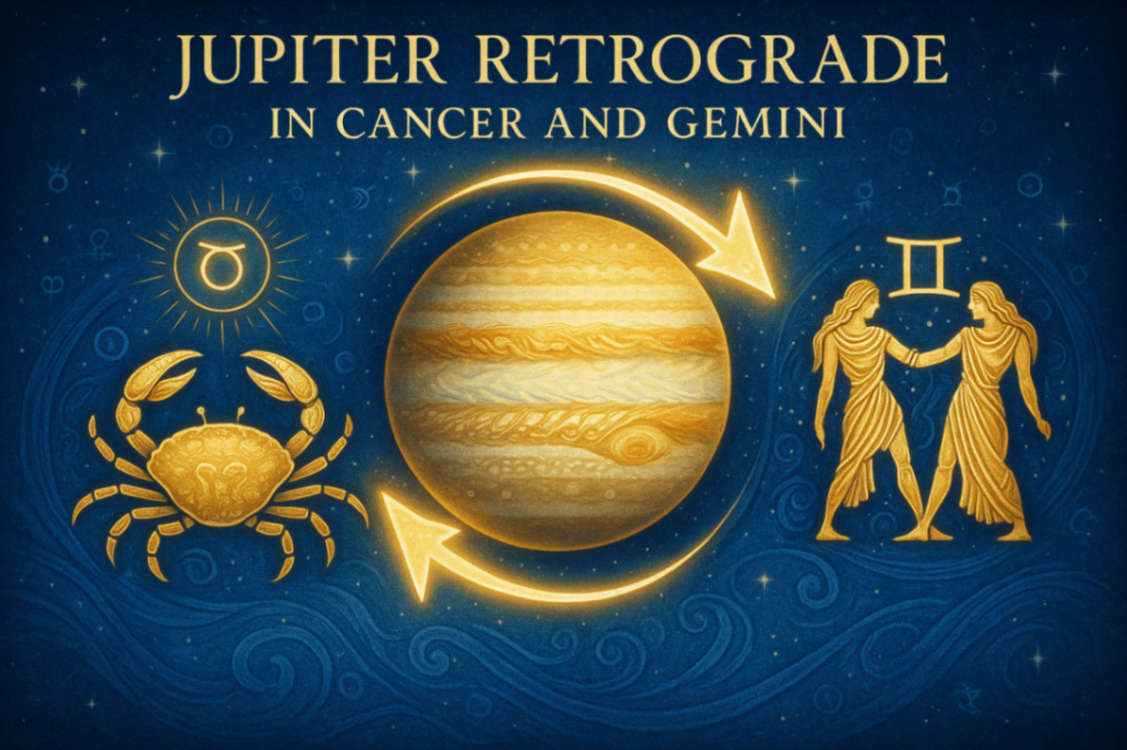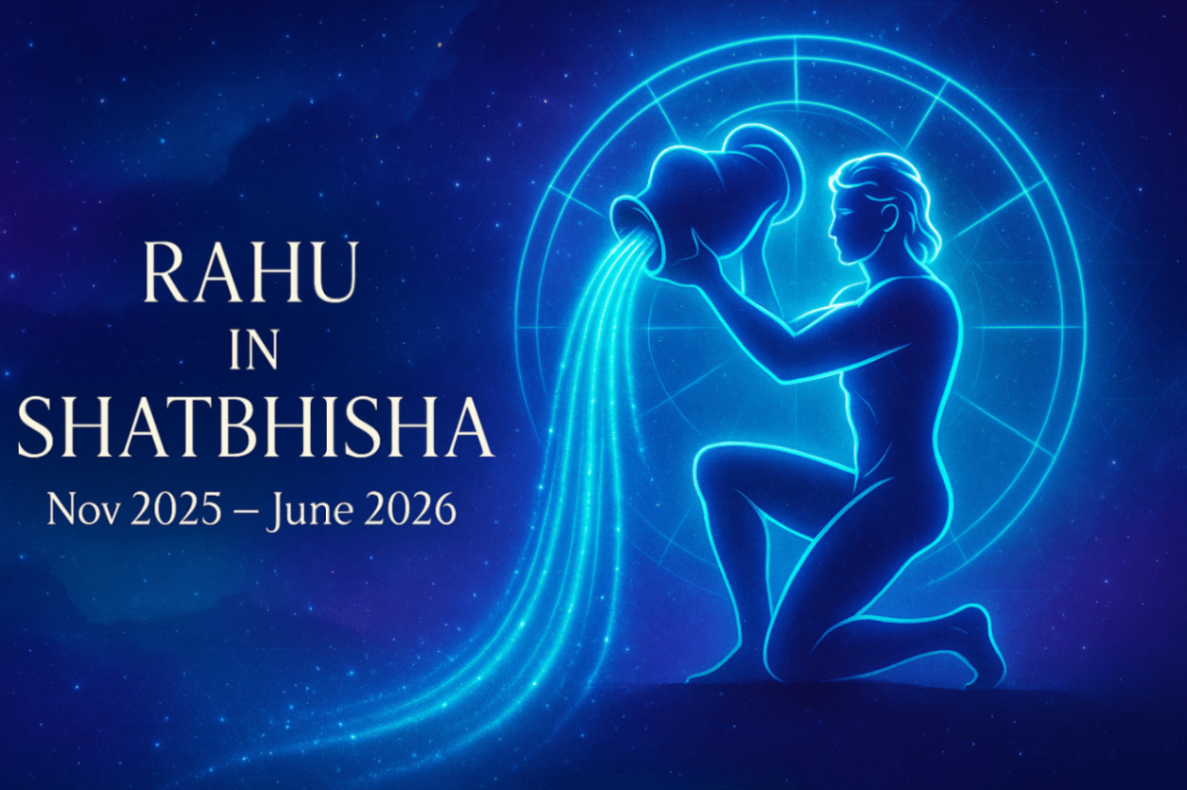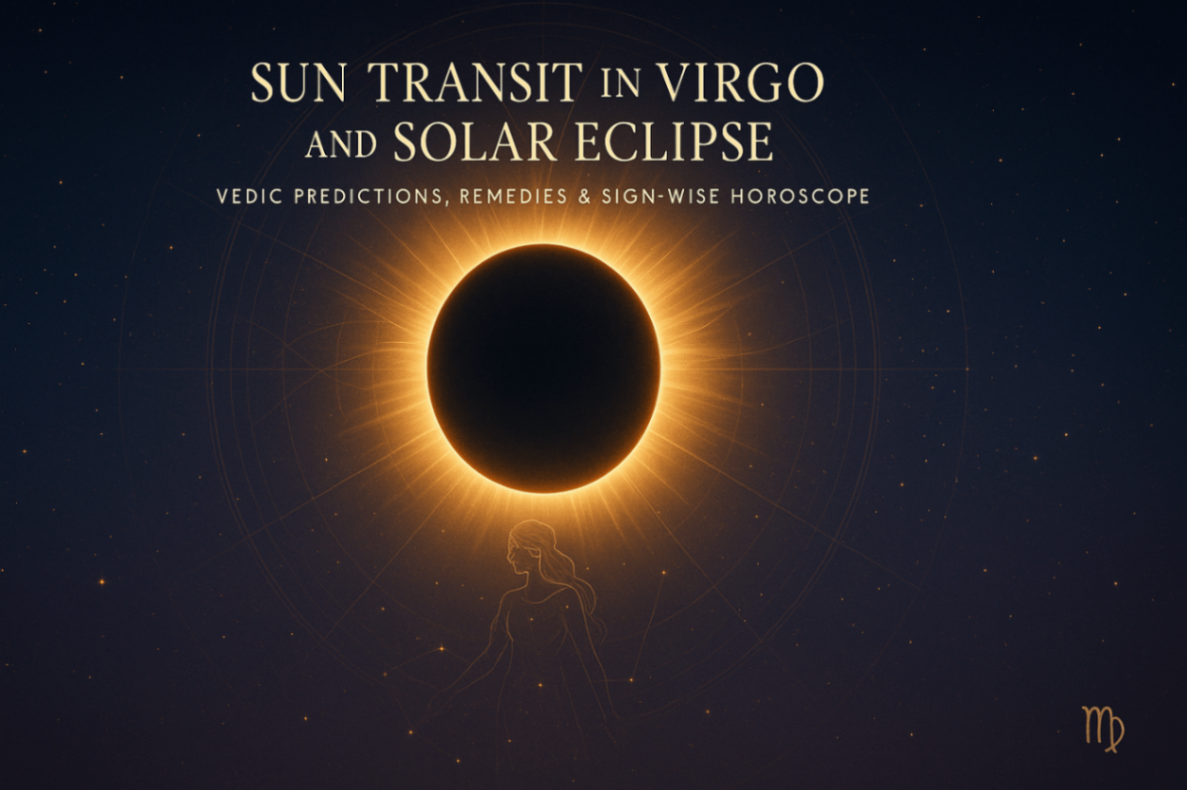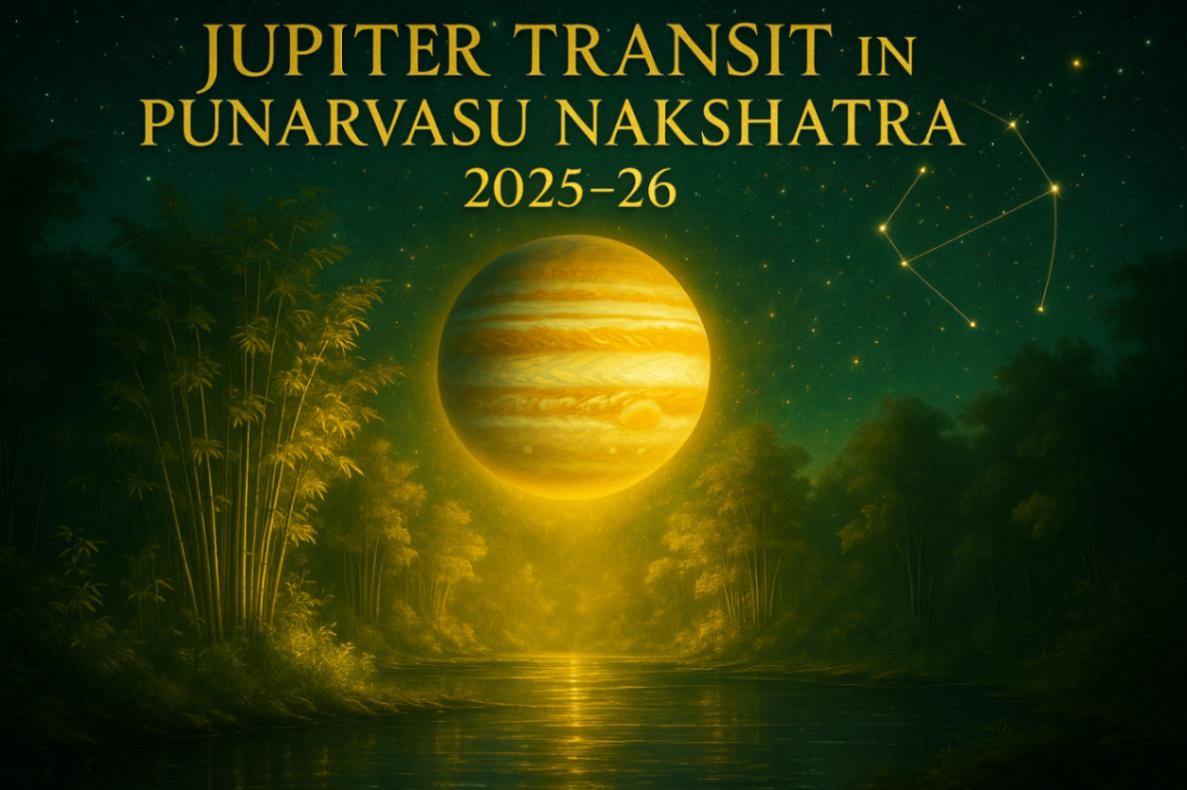The Impact of Solar Eclipse and Saturn In Pisces Transition on India
On March 29, a significant event in the world of Vedic astrology is set to unfold. Today, a solar eclipse coincides with Saturns transition into the Pisces zodiac, a placement considered its friendly sign. This article delves into the effects these celestial occurrences may have on India, providing insights based on Vedic astrology.
Understanding the Solar Eclipse
Today’s solar eclipse is primarily visible in Western countries, and not in India. As a result, its impact on India is expected to be minimal. In Vedic astrology, solar eclipses signify transformations and revelations, but the lack of visibility in a particular region usually equates to lesser influence.
Saturns Transition into Pisces
Saturns move into Pisces is a noteworthy event. In astrology, Pisces is ruled by Jupiter, Saturn’s friend, making Saturn comfortable in this sign. The transition involves several nakshatras or lunar mansions, each playing a vital role in Saturns journey through Pisces.
Nakshatras and Saturns Journey
Purva Bhadrapada: Initially, Saturn enters the Purva Bhadrapada nakshatra, which is under Jupiter’s influence. This phase is expected to be harmonious due to the friendly association between Jupiter and Saturn.
Uttara Bhadrapada: By the end of April, Saturn will move into Uttara Bhadrapada, its own nakshatra. This transition is believed to further stabilize Saturn’s energies, enhancing its positive aspects.
Revati: Moving into October, Saturn will transit into Revati, a Mercury-ruled nakshatra. This period is likely to foster communication and intellectual growth, thanks to Mercurys influence.
The Current Astrological Climate
Within Pisces, Saturn is joined by six other planets: Rahu, Venus, Mercury, the Sun, the Moon, and Mars in cancer which as per Jamini , planets in trines or trikonas is considered together. Except for the Sun and Mars, these planets are considered friends of Saturn, creating a favorable environment. This celestial gathering suggests a period of relative harmony and balance.
Absence of Combust Planets
Another important factor in Vedic astrology is the combust state of planets, which occurs when they are too close to the Sun. Currently, none of the planets are combust, indicating an absence of significant disruptions or negative influences.
Implications for India
According to Vedic astrology, Indias horoscope is linked to the Taurus ascendant. In this context, the current planetary positions fall into the eleventh house of the national chart, which is Pisces. The eleventh house governs gains, social networks, alliances, and long-term ambitions, suggesting a period of fruitful collaborations, economic opportunities, and expansion of influence
Expectations for the Near Future
Given the astrological settings, it is unlikely that India will face any major challenges or natural calamities in the coming months. Instead, this period might be more about introspection and preparation for future opportunities.
Maximizing the Benefits of Celestial Events
Despite the minimal impact of the solar eclipse, it is recommended to engage in spiritual practices. Activities such as meditation, chanting mantras, or performing rituals can help harness the positive energies and foster personal and collective growth.
In conclusion, while the solar eclipse has a limited effect on India, Saturns transition into Pisces presents a period of potential stability and growth. By understanding these influences and engaging in mindful practices, individuals and communities can navigate the cosmic currents effectively.
